Finland’s presidential election on January 28 ended without a clear winner. However, Finland’s first presidential election as a NATO member state saw a close contest between the candidates, with nearly 75% of voters casting ballots – the highest turnout in nearly two decades.
With 99% of the votes counted, conservative former Finnish Prime Minister Alexander Stubb was leading with 27.1% of the vote, followed by former Foreign Minister Pekka Haavisto of the center-left Green Party with 25.8%. MP Jussi Halla-aho of the far-right Finns Party was third with 19% of the vote, ahead of six other candidates.
Since none of the candidates won more than 50% of the vote, the two candidates who won the most votes in the first round, Mr. Stubb and Mr. Haavisto, will continue to compete against each other in the runoff scheduled for February 11.
The presidential election in NATO's 31st member state has attracted the attention of international leaders because the Finnish president plays a leading role in foreign policy and is the commander-in-chief of the armed forces of the Nordic country – which shares the military alliance's longest border with Russia.
The winner will succeed President Sauli Niinisto, who is widely considered the best man to steer foreign and security policy. Niinisto, 75, has served two consecutive six-year terms and cannot seek re-election.
The role of the President in leading Finland’s foreign policy has become increasingly important in Niinisto’s second term after Russia invaded Ukraine in early 2022, which fundamentally changed the security calculus of Europe in general and Finland in particular. After a radical rethink, Helsinki joined the North Atlantic Treaty Organization early last year.
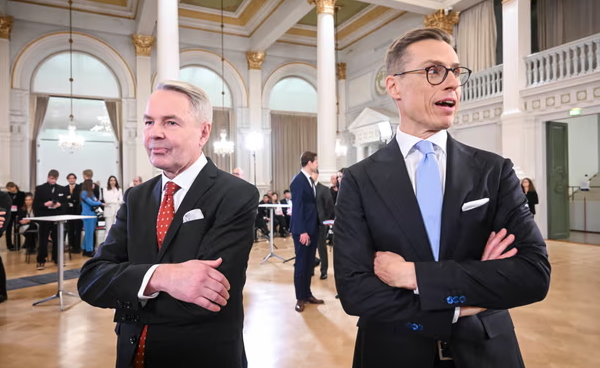
Finnish Border Guards check documents of people arriving at the border crossing in Salla, northern Finland, November 22, 2023. Photo: Al Jazeera
“For us, foreign policy and security are vital,” said Stubb, 55. “In that sense, we are quite united in the big picture, whether it is NATO membership or things related to that.”
When Finland joined NATO, Russia vowed to retaliate. The migrant crisis began late last year at the 1,300-kilometer (800-mile) border that separates the two countries. Finland accused Russia of using migrants to pressure the Nordic country, and responded by closing its checkpoints. The border between the two countries remains closed to this day.
“We are very much in agreement on key security policy issues – NATO membership, Finland’s defence cooperation agreement with the US and being tough on Russia’s borders,” said Mr Haavisto, 65. “It’s not a bad thing that Finns are very much in agreement on key foreign policy issues.”
As for the two candidates who will compete in the upcoming runoff, Alexander Stubb has held all the top ministerial positions in Finland, including those in finance and foreign affairs. Stubb has a PhD in international relations and is currently a professor at the European University Institute in Florence, Italy.
Pekka Haavisto is running for president for the third time, having lost twice to Niinisto. The veteran diplomat brought Finland into NATO as foreign minister, navigating the delicate negotiations to make membership a reality. He also helped broker peace in Darfur, Sudan, as a special representative of the European Union (EU).
Both candidates represent mainstream political parties in Finland: Mr. Stubb is a longtime lawmaker for the center-right National Coalition Party and Mr. Haavisto is a member of the center-left Green Party .
Minh Duc (According to Bloomberg, Politico EU)
Source



![[Photo] Prime Minister Pham Minh Chinh meets with Hungarian President Sulyok Tamas](https://vphoto.vietnam.vn/thumb/1200x675/vietnam/resource/IMAGE/2025/5/29/dbcaa73e92ea4448a03fe1d0de6d68e8)
![[Photo] Vietnamese and Hungarian leaders attend the opening of the exhibition by photographer Bozoky Dezso](https://vphoto.vietnam.vn/thumb/1200x675/vietnam/resource/IMAGE/2025/5/29/94d8ceca5db14af3bf31285551ae4bb3)
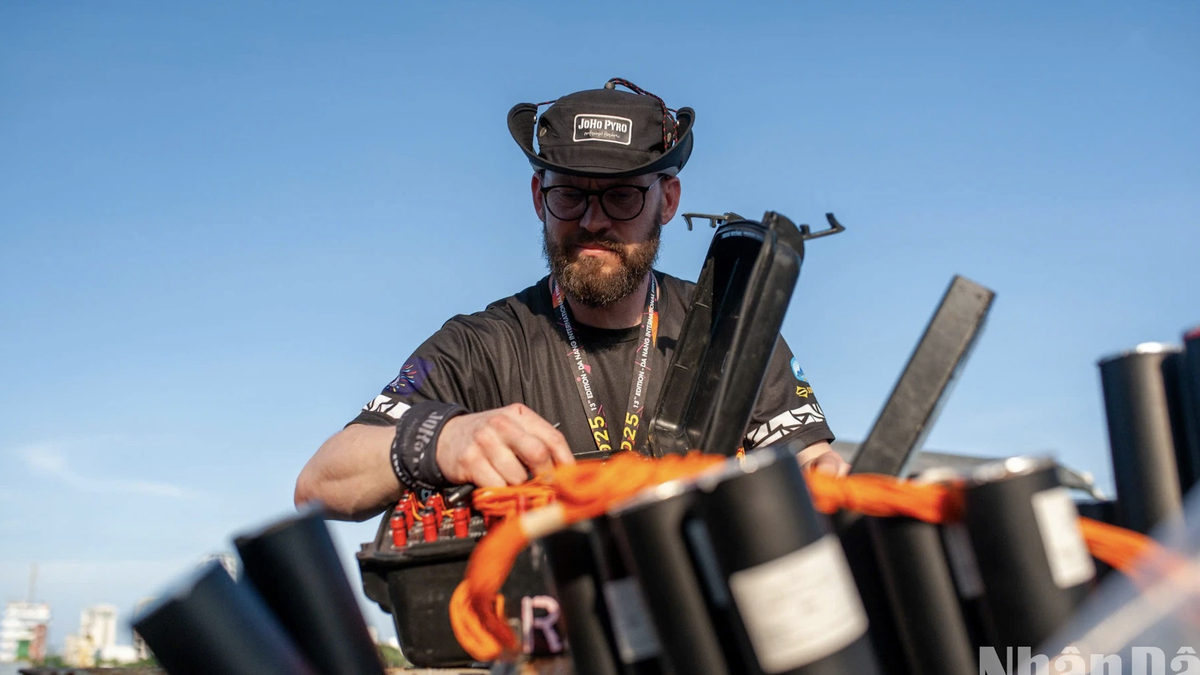

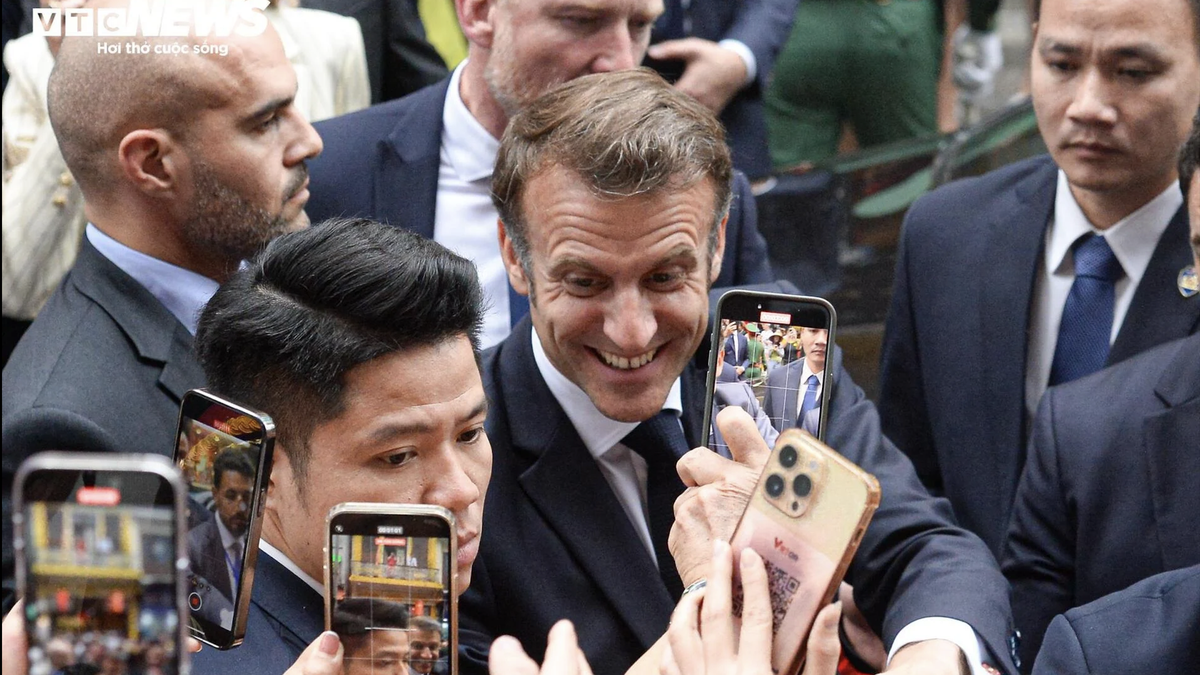


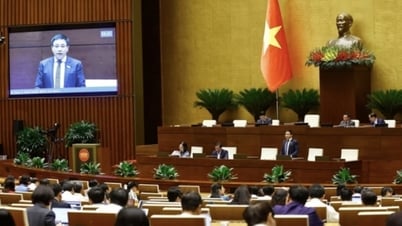
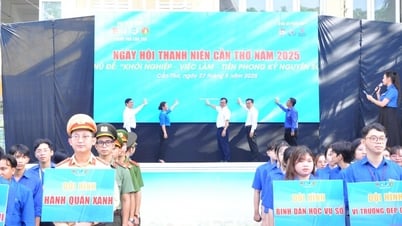

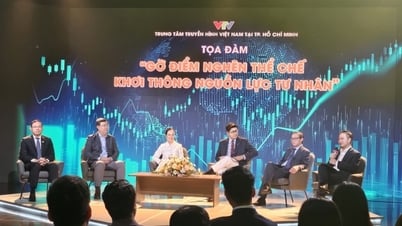
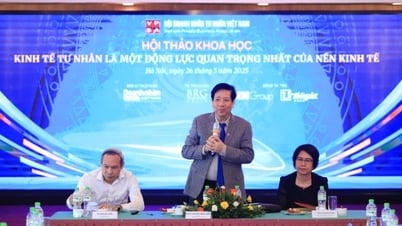








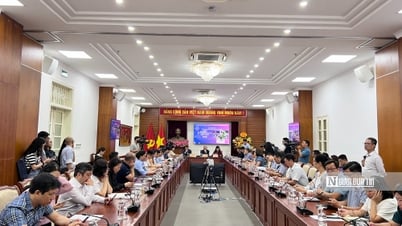

![[Photo] Prime Minister Pham Minh Chinh receives a bipartisan delegation of US House of Representatives](https://vphoto.vietnam.vn/thumb/1200x675/vietnam/resource/IMAGE/2025/5/28/468e61546b664d3f98dc75f6a3c2c880)






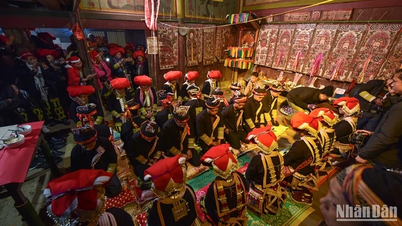










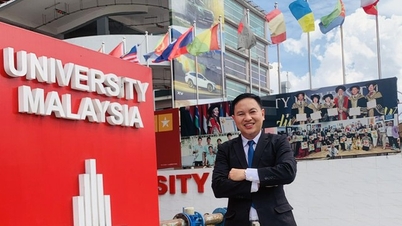













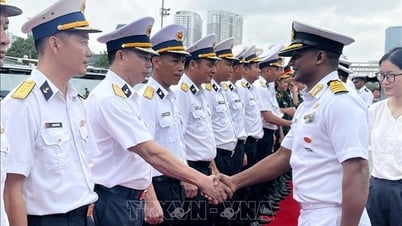

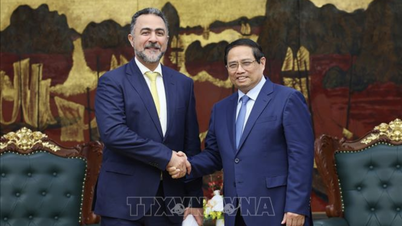


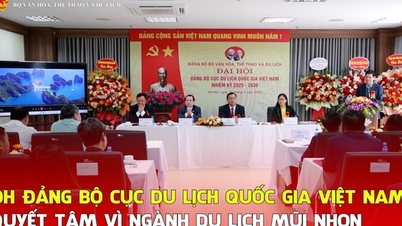

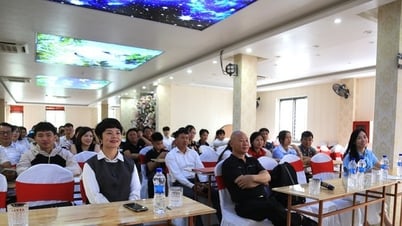

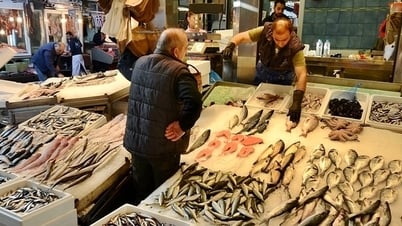



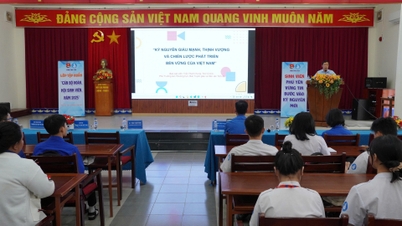


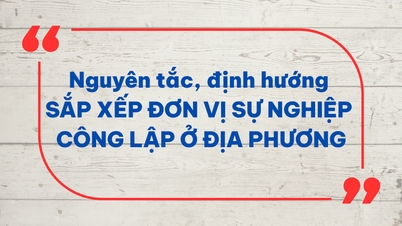


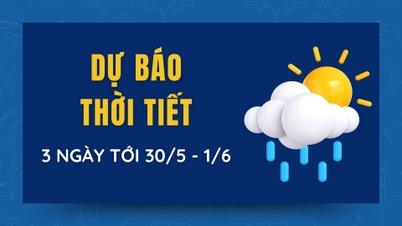









Comment (0)